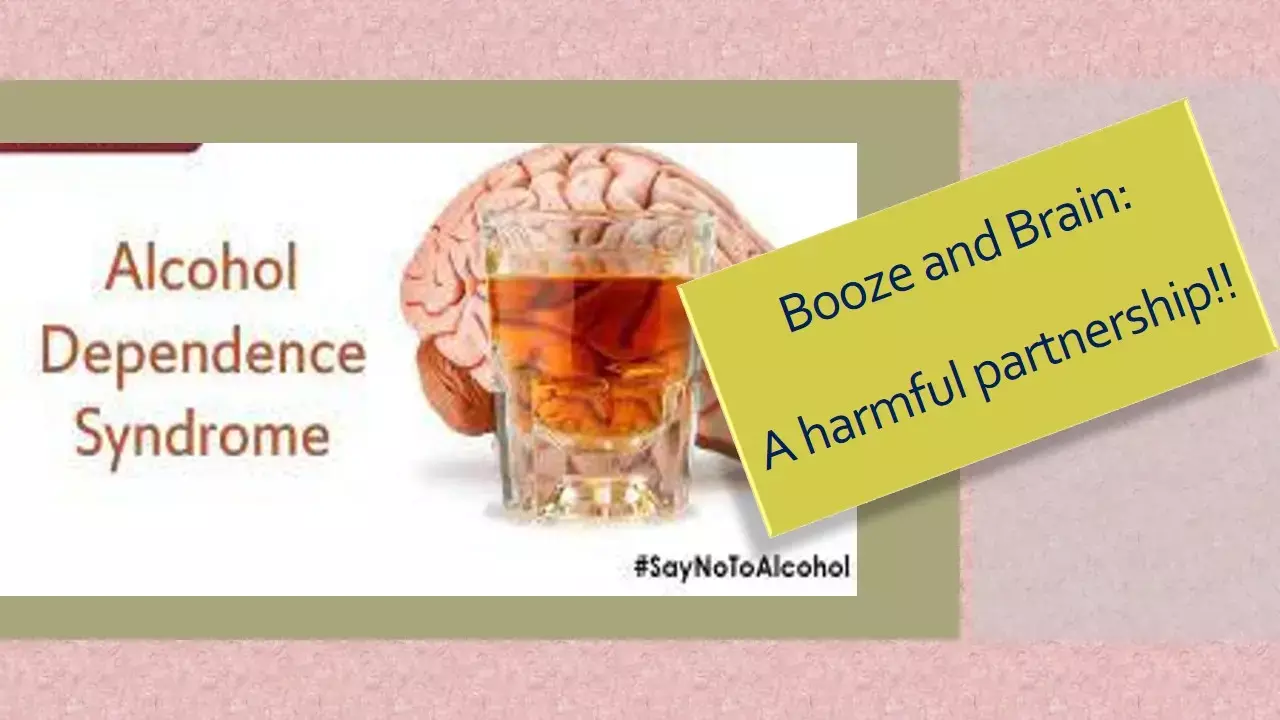- Home
- Medical news & Guidelines
- Anesthesiology
- Cardiology and CTVS
- Critical Care
- Dentistry
- Dermatology
- Diabetes and Endocrinology
- ENT
- Gastroenterology
- Medicine
- Nephrology
- Neurology
- Obstretics-Gynaecology
- Oncology
- Ophthalmology
- Orthopaedics
- Pediatrics-Neonatology
- Psychiatry
- Pulmonology
- Radiology
- Surgery
- Urology
- Laboratory Medicine
- Diet
- Nursing
- Paramedical
- Physiotherapy
- Health news
- Fact Check
- Bone Health Fact Check
- Brain Health Fact Check
- Cancer Related Fact Check
- Child Care Fact Check
- Dental and oral health fact check
- Diabetes and metabolic health fact check
- Diet and Nutrition Fact Check
- Eye and ENT Care Fact Check
- Fitness fact check
- Gut health fact check
- Heart health fact check
- Kidney health fact check
- Medical education fact check
- Men's health fact check
- Respiratory fact check
- Skin and hair care fact check
- Vaccine and Immunization fact check
- Women's health fact check
- AYUSH
- State News
- Andaman and Nicobar Islands
- Andhra Pradesh
- Arunachal Pradesh
- Assam
- Bihar
- Chandigarh
- Chattisgarh
- Dadra and Nagar Haveli
- Daman and Diu
- Delhi
- Goa
- Gujarat
- Haryana
- Himachal Pradesh
- Jammu & Kashmir
- Jharkhand
- Karnataka
- Kerala
- Ladakh
- Lakshadweep
- Madhya Pradesh
- Maharashtra
- Manipur
- Meghalaya
- Mizoram
- Nagaland
- Odisha
- Puducherry
- Punjab
- Rajasthan
- Sikkim
- Tamil Nadu
- Telangana
- Tripura
- Uttar Pradesh
- Uttrakhand
- West Bengal
- Medical Education
- Industry
Early-onset alcohol dependence worse for cognitive functioning, finds study

Alcohol use disorder is attributing to a significant healthcare burden worldwide. Early-onset alcohol dependence is associated with more externalizing psychopathology and more cognitive dysfunction than late-onset alcohol dependence as shown by a recent study published in Indian Journal of Psychiatry by Das et al.
Alcohol use disorder (AUD) is a global problem and has a major contribution to both morbidity and mortality. It encompasses a wide range of disabilities both psychiatric and medical.
"Externalising symptoms" refers to a group of behavioral problems manifested as the outward behavior and negatively reacting to the external environment. They consist of hyperactive, disruptive, and aggressive behaviors which are generally evident in childhood and can also persist till adulthood.
In the field of cognition, executive functions form an important component that encompasses self-regulatory functions such as planning, cognitive flexibility, working memory, sense of time, and inhibition.It has been seen in various studies that patients with AUD have a poor performance in cognitive executive functions.
The present study hypothesed that the patients with early- onset alcohol dependence will have higher externalizing psychopathology scores and worse performance in the cognitive tests even after similar educational profile, duration of illness, and prescribing them the same medications, in comparison to those with late- onset alcohol dependence.
In this cross-sectional study carried out on patients attending the psychiatry unit of a tertiary care center of north India, a total of 57 patients with alcohol dependence were enrolled in the study. Patients were categorized into early-onset (onset before the age of 25 years) and late-onset (onset after the age of 25 years) alcohol dependence.
Patients were evaluated for the externalizing psychopathology (using SSAGA intravenous [IV]) and cognitive performance (using Wisconsin Card Sorting Test [WCST]. WCST is a test of the executive function used to study "abstraction ability" and "the ability to shift cognitive strategies." and continuous performance test [CPT]), The CPT measures a person's sustained attention, selective attention, and impulsivity. Comparison of sociodemographic, clinical variables as well as externalizing psychopathology and cognitive performance was done between early-onset and late-onset alcohol dependence.
A total number of 57 patients were finally enrolled in the study, out of which 26 were early onset and 31 were of late onset. All the patients were of male gender, majority of them were from the age group 26 to 35 years.
The externalizing psychopathology scores were compared between the two groups as obtained from SSAGA- IV. The early-onset group of alcohol dependence was found to have higher externalizing psychopathology as compared to late onset. Comparing the mean scores of the WCST between the early-onset and late-onset group showed a poorer performance by the early-onset group in all the parameters. On CPT, there was significantly more errors of omission in the early-onset group in comparison to their late-onset counterparts.
It was seen that in all the 6 domains and the total score the early-onset group had a higher mean score with the difference being statistically significant in all domains.
It was thus concluded that patients with early- onset alcohol dependence have higher externalizing psychopathology and more cognitive deficits in comparison to those with late- onset alcohol dependence. Further, research in a larger sample will help in establishing the relationship between externalizing psychopathology and cognitive performance in different subgroups of alcohol dependence.
Source: Indian Journal of Psychiatry: 10.4103/psychiatry.IndianJPsychiatry_462_20
M.B.B.S, M.D. Psychiatry
M.B.B.S, M.D. Psychiatry (Teerthanker Mahavir University, U.P.) Currently working as Senior Resident in Department of Psychiatry, Institute of Human Behaviour and Allied Sciences (IHBAS) Dilshad Garden, New Delhi. Actively involved in various research activities of the department.
Dr Kamal Kant Kohli-MBBS, DTCD- a chest specialist with more than 30 years of practice and a flair for writing clinical articles, Dr Kamal Kant Kohli joined Medical Dialogues as a Chief Editor of Medical News. Besides writing articles, as an editor, he proofreads and verifies all the medical content published on Medical Dialogues including those coming from journals, studies,medical conferences,guidelines etc. Email: drkohli@medicaldialogues.in. Contact no. 011-43720751


